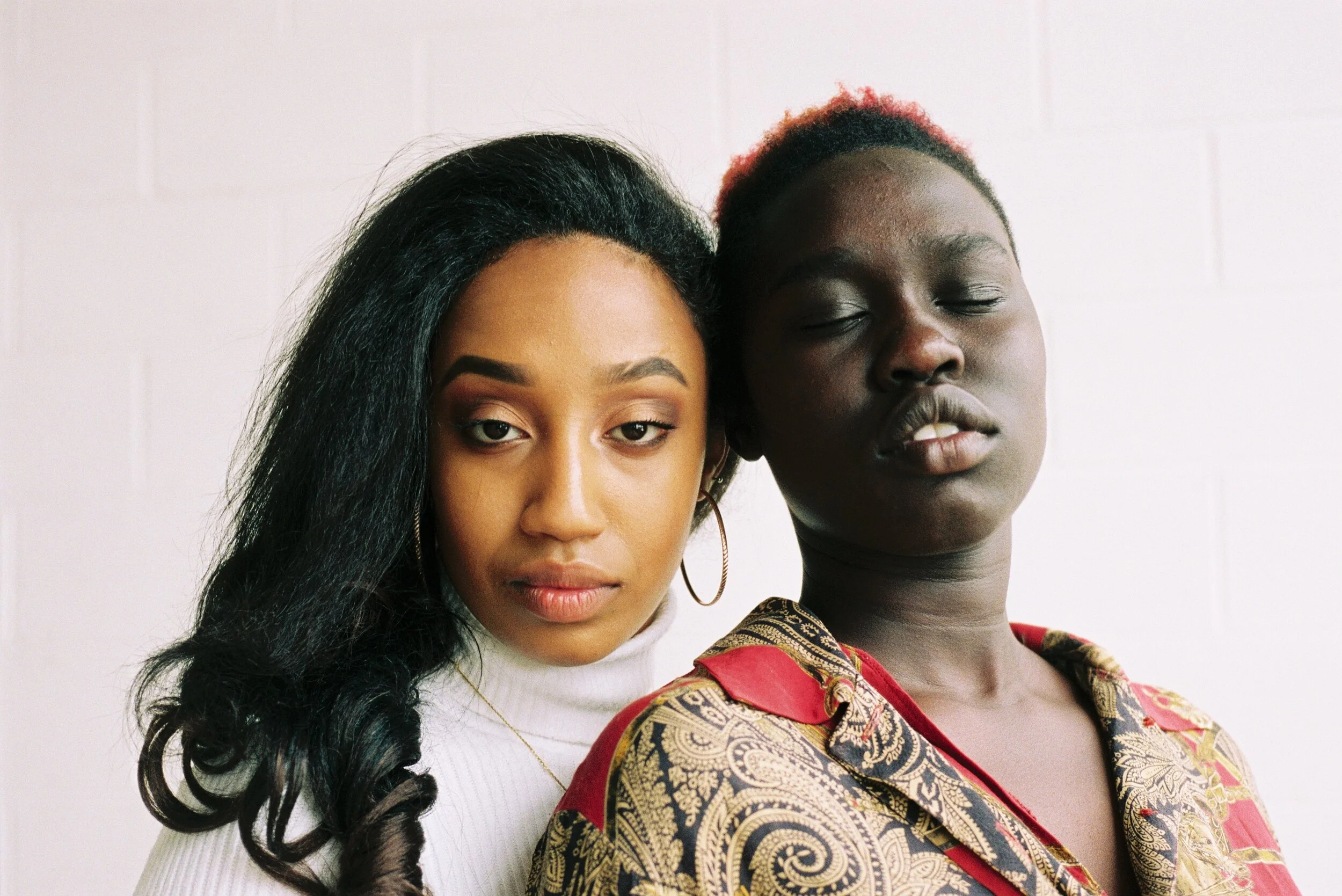England’s Homeless Hundreds
England’s Homeless Hundreds
We live in the age of iPhones and microwave meals. The days of on-demand, all you can watch TV. Wireless banking, cheap long distance flying and disposable clothing. Ours is an age of excess and success promised by the media and the government. It’s owed to you, and why shouldn’t it be? Ours is a time of increased demand but more varied answers. Relative luxury for everyone and no one lives in any other way because that isn’t shown in the media.
In 2014, approximately 2750 people slept rough in England on any one night, which is 1000 more than did so in 2010. Most people that sleep rough are in London or the South East, an area which sees large amounts of immigration from migrants crossing from Europe both legally and illegally. In the same year, 28,460 homeless applications were made; the government accepted 48% of which. Of those that were declined, 8% were deemed ‘intentionally homeless’, 18% were not ‘in priority need’ and 24% were not deemed to be homeless.
26% of people that became homeless in 2014 did so because friends and family were no longer willing to house them, and 18% had a relationship breakdown with a partner. The other main reason for homelessness is financial difficulties, which result in the inability to pay a mortgage or rent, or with tenancy agreements expiring.
Most striking is that out of all the people that were homeless in 2014, a quarter of them were aged 16-24. More than 3 in 5 of these young people are not in education, employment or training and councils are only preventing homelessness in just 1 in 5 youth cases. Unfortunately, 74% of homelessness organisations were unable to support a young person due to limited capacity.
This is totally upsetting. I cannot imagine my life without the comfort of a warm, dry home, the promise of employment after the security of a life in education, the freedom to go out with my friends and enjoy myself. All of this is taken away when you are homeless. You have the responsibility to fend for yourself in an environment that you have been conditioned to reject. The public tries not to see homelessness; a blemish on society that should be rubbed away. We ignore those on the streets, only asking for money to obviously fuel their addiction to such-and-such, with no infrastructure around them to rehabilitate and improve their lives. Such is the stigma around being homeless that, as a society, we avoid it.
Now, I don’t know about you, but being homeless is just about as bad as it can get. This is why I fundraised for the YMCA and slept rough for a night to raise money so that others don’t have to.
In the sixth largest economy in the world, no one should be homeless. Being homeless is often seen as the result of a series of bad choices and negates the problem of cyclical decline and the willingness to condemn rather than to rehabilitate. We need to be more aware of the problems within society and how we should go about fighting them in order to tackle the problem.
Madeleine is a final year student at the University of Exeter studying BA English with proficiency in French who has developed her writing and editing through her involvement with Her Campus Exeter. In her free time, Madeleine loves discovering new music in preparation for the UK festival season and searching for opportunities which can broaden her horizons, most recently this was volunteering as a teacher in Beijing, China, where she was immersed in Chinese culture and tradition. There are few things in this world that bring Madeleine more joy than glitter, velvet and sequins and her ideal dinner party guests would be Queen Elizabeth I, George Orwell and Taylor Swift. Currently, with graduation looming, Madeleine is exploring the idea of taking time out to travel the world on a shoe string before embarking upon a career in international humanitarian aid.










